Year 4
How people, places and environments interact, past and present
The Year 4 curriculum focuses on interactions between people, places and environments over time and space and the effects of these interactions. Students gain opportunities to expand their world knowledge and learn about the significance of environments, examining how people's need and want of resources over time has affected peoples, societies and environments. Specifically, students study European exploration and colonisation in Australia and elsewhere up to the early 1800s and life for Indigenous Australians pre- and post-contact. They examine the concept of sustainability, and its application to resource use and waste management, past and present, by different groups. The curriculum introduces the role of local government, laws and rules, and group belonging and how they meet people's needs. Themes of law and citizenship extend into their studies of diverse groups, the colonisation of Australia and other places, and how environmental sustainability is enacted.
The content provides opportunities for students to develop humanities and social sciences understanding through key concepts including significance; continuity and change; cause and effect; place and space; interconnections; roles, rights and responsibilities; and perspectives and action. These concepts may provide a focus for inquiries and be investigated across sub-strands or within a particular sub-strand context.
The content at this year level is organised into two strands: knowledge and understanding, and inquiry and skills. The knowledge and understanding strand draws from three sub-strands: history, geography and civics and citizenship. These strands (knowledge and understanding, and inquiry and skills) are interrelated and have been developed to be taught in an integrated way, which may include integrating with content from the sub-strands and from other learning areas, and in ways that are appropriate to specific local contexts. The order and detail in which they are taught are programming decisions.
Inquiry Questions
A framework for developing students' knowledge, understanding and skills is provided by inquiry questions. The following inquiry questions allow for connections to be made across the sub-strands and may be used or adapted to suit local contexts: inquiry questions are also provided for each sub-strand that may enable connections within the humanities and social sciences learning area or across other learning areas.
- How have laws affected the lives of people, past and present?
- What were the short- and long-term effects of European settlement on the local environment and Indigenous land and water management practices?
- What is the significance of the environment and what are different views on how it can be used and sustained, past and present?
(source: www.australiancurriculum.edu.au)
Achievement Standard
By the end of Year 4, students recognise the significance of events in bringing about change and the importance of the environment. They explain how and why life changed in the past and identify aspects of the past that have remained the same. They describe the experiences of an individual or group in the past. They describe and compare the diverse characteristics of different places at local to national scales. Students identify the interconnections between components of the environment and between people and the environment. They identify structures that support their local community and recognise the importance of laws in society. They describe factors that shape a person's identity and sense of belonging. They identify different views on how to respond to an issue or challenge.
Students develop questions to investigate. They locate and collect information and data from different sources, including observations to answer these questions. When examining information, they distinguish between facts and opinions and detect points of view. They interpret data and information to identify and describe distributions and simple patterns and draw conclusions. They share their points of view, respecting the views of others. Students sequence information about events and the lives of individuals in chronological order with reference to key dates. They sort, record and represent data in different formats, including large-scale maps using basic cartographic conventions. They reflect on their learning to propose action in response to an issue or challenge, and identify the possible effects of their proposed action. Students present ideas, findings and conclusions using discipline-specific terms in a range of communication forms.
(source: www.australiancurriculum.edu.au)
Achievement Standard
By the end of Year 4, students recognise the significance of events in bringing about change. They explain how and why life changed in the past and identify aspects of the past that have remained the same. They describe the experiences of an individual or group in the past.
Students sequence information about events and the lives of individuals in chronological order with reference to key dates. They develop questions about the past and locate, collect and sort information from different sources to answer these questions. They analyse sources to detect points of view. Students develop and present texts, including narrative recounts, using historical terms.
(source: www.australiancurriculum.edu.au)
Achievement Standard
By the end of Year 4, students describe the location of selected countries using compass direction. They describe and compare the characteristics of places in different locations at local to national scales. They identify the interconnections between components of the environment and between people and the environment. Students recognise the importance of the environment and identify different possible responses to a geographical challenge.
Students develop geographical questions to investigate and locate, collect and sort information and data from different sources to answer these questions. They record and represent data and the location of places and their characteristics in simple graphic forms, including large-scale maps that use the cartographic conventions of scale, legend, title and north point. They describe the location of places and their features using grid references and compass direction. Students interpret geographical data to identify spatial distributions and simple patterns and draw conclusions. They present findings using geographical terminology in a range of texts. They propose individual action in response to a local geographical challenge and identify some possible effects of their proposed action.
(source: www.australiancurriculum.edu.au)
Achievement Standard
By the end of Year 4, students identify structures and decisions that support their local community and recognise the importance of laws in society. They describe factors that shape a person's identity and sense of belonging.
Students develop questions about the society in which they live and locate and collect information from different sources to answer these questions. They examine information to distinguish between facts and opinions, identify points of view and to draw conclusions. They share their points of view, respecting the views of others, and identify the groups they belong to. Students present ideas and conclusions using discipline-specific terms in a range of communication forms.
(source: www.australiancurriculum.edu.au)
- Plus Plan
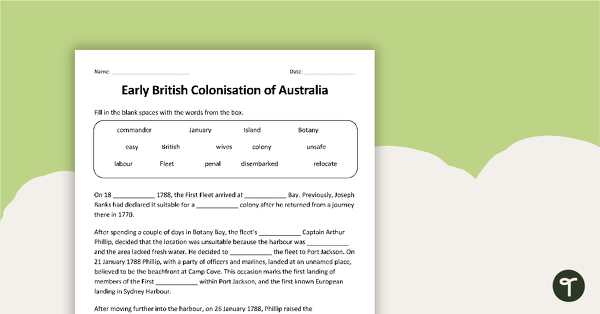
British Colonisation of Australia - Cloze Activity
A cloze activity to use in the classroom when learning about the British Colonisation of Australia.
- Plus Plan
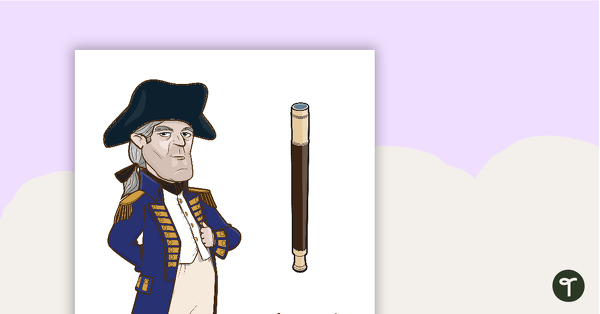
British Colonisation of Australia - Cut Out Decorations
A set of 17 cut out decorations to use in the classroom when creating a display about the British Colonisation of Australia.
- Plus Plan

Commonwealth Games Timeline Activity
A template and classroom display banner to create a Commonwealth Games Timeline.
- Plus Plan
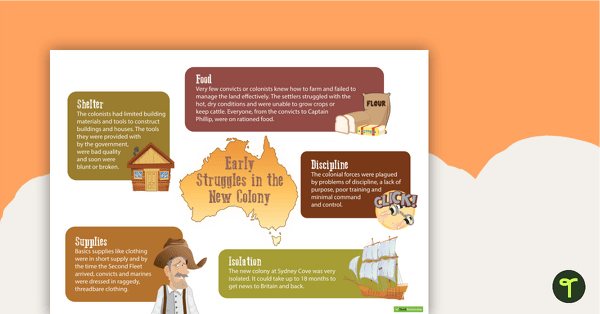
British Colonisation of Australia - Early Struggles in the New Colony Poster
A poster to display in the classroom when teaching about the British Colonisation of Australia.
- Plus Plan
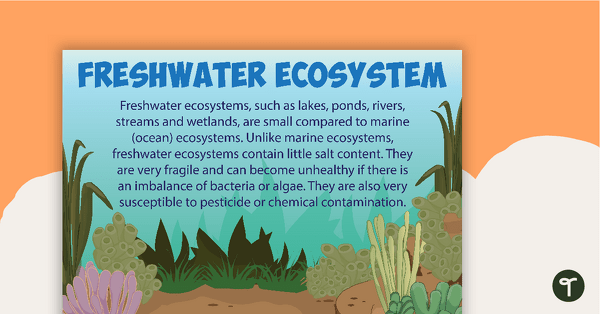
Freshwater Ecosystems Poster
A poster explaining Freshwater Ecosystems.
- Plus Plan
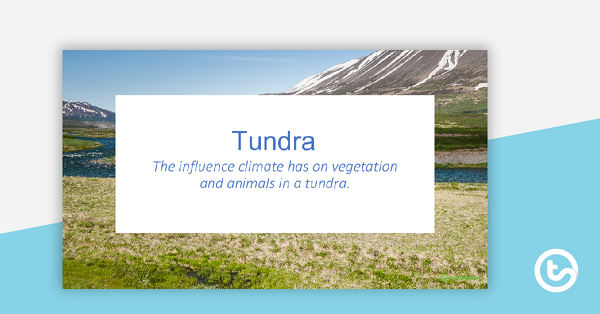
Tundra PowerPoint
An 11 slide editable PowerPoint to use in the classroom when learning about tundras.
- Plus Plan
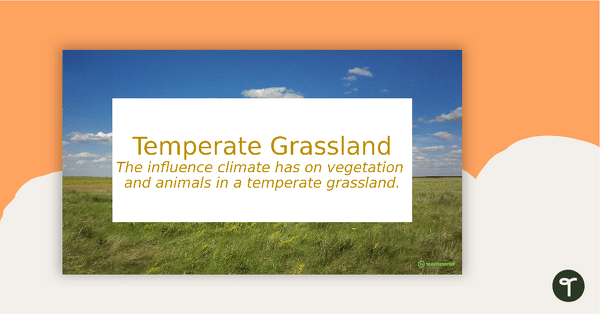
Temperate Grassland PowerPoint
An 11 slide editable PowerPoint to use in the classroom when learning about temperate grasslands.
- Plus Plan
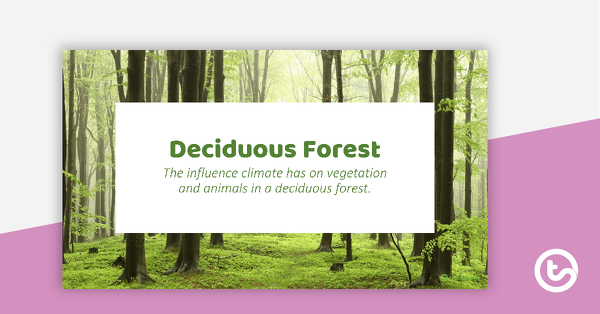
Deciduous Forest PowerPoint
An 11 slide editable PowerPoint to use in the classroom when learning about deciduous forests.
- Plus Plan
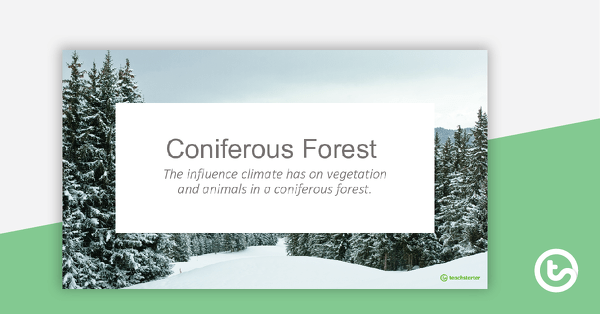
Coniferous Forest PowerPoint
An 11 slide editable PowerPoint to use in the classroom when learning about coniferous forests.
- Plus Plan
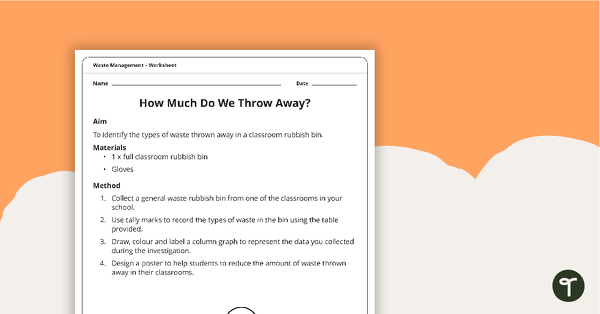
Waste Management Investigation - How Much Waste Do We Throw Away?
A practical investigation related to sustainable waste management.
- Plus Plan
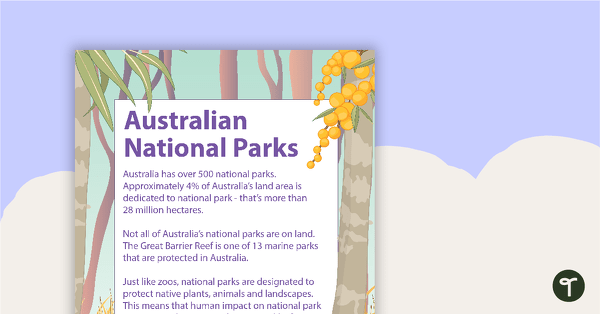
6 Australian National Parks Posters
A set of six posters with information about Australian National Parks, including how to care for them.
- Plus Plan
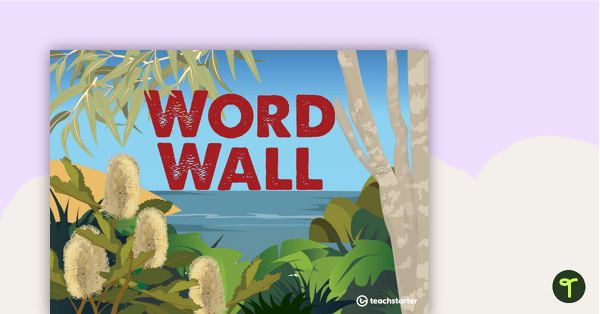
Impacts of Colonisation Word Wall
A Word Wall of the Impacts of Colonisation on Aboriginal and Torres Strait Islander peoples.
- Plus Plan
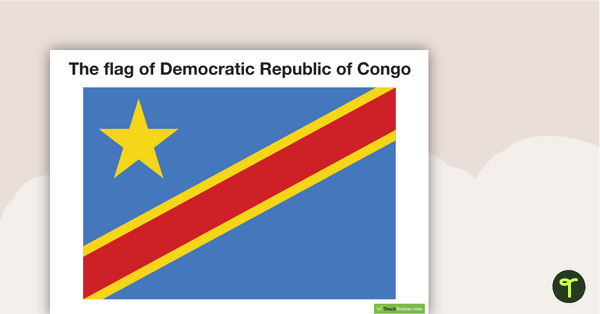
African Flags
Eight flags from Africa.
- Plus Plan
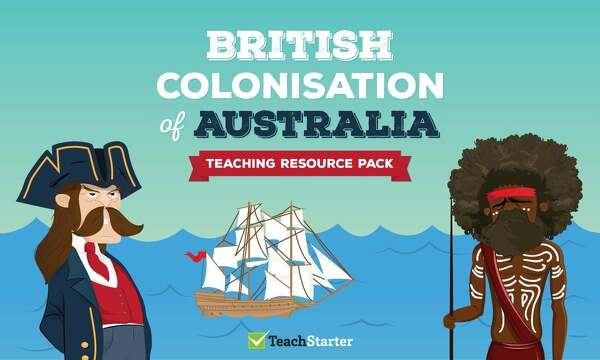
British Colonisation of Australia - Teaching Resource Pack
A resource pack containing a range of posters, worksheets and activities to use in your classroom when teaching a unit of work on the British Colonisation of Australia.
- Plus Plan
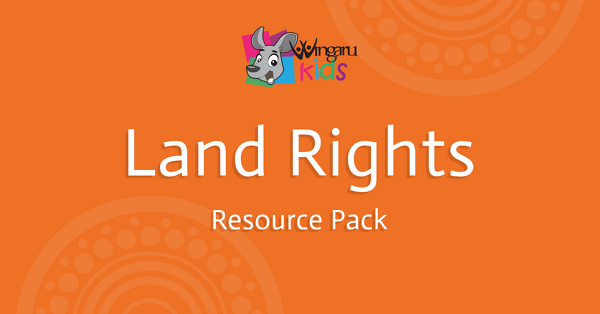
NAIDOC Week Land Rights Teaching Resource Pack
Wingaru Education has put together a timeline of Aboriginal land rights events. From the time of Cook’s intrusive exploration and the subsequent invasion by the First Fleet, land has been taken from Aboriginal People against their will. There are a number of ways to delve into this topic with your class.
- Plus Plan
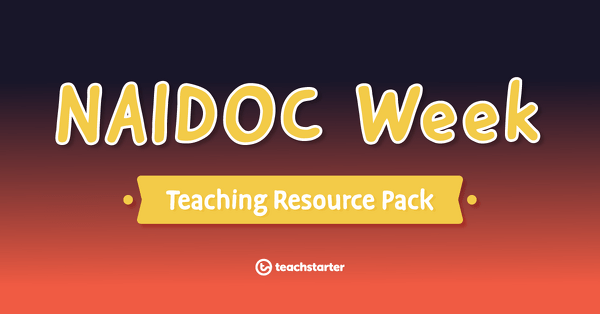
NAIDOC Week Teaching Resource Pack
An extensive collection of teaching resources to use during NAIDOC Week.
- Plus Plan

NAIDOC Week 2021 Teaching Resource Pack
A NAIDOC Week 2021 teaching resource pack that contains activities, worksheets and information for your students.
- Plus Plan
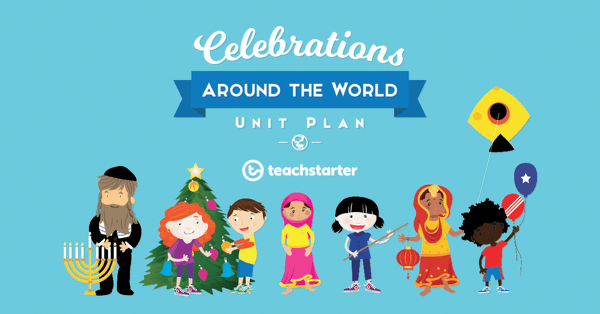
Celebrations Around The World Unit Plan
This Humanities and Social Sciences unit addresses the topic of celebrations. It covers personal, family and community celebrations; national days; Australia-specific commemorations and religious/cultural celebrations from around the world.
- Plus Plan
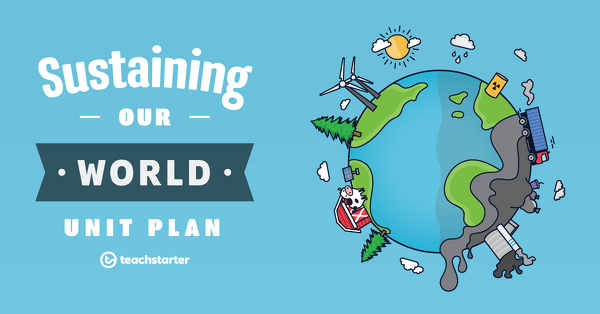
Sustaining Our World Unit Plan
This Geography unit addresses concepts surrounding the sustainable use and management of natural resources.
- Plus Plan
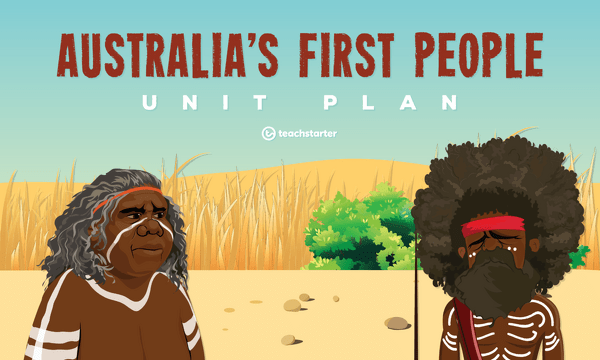
Australia's First People Unit Plan
This History unit covers a range of concepts relating to the diversity of Australia's first people and the long and continuous connection of Aboriginal and Torres Strait Islander peoples to Country.
- Plus Plan
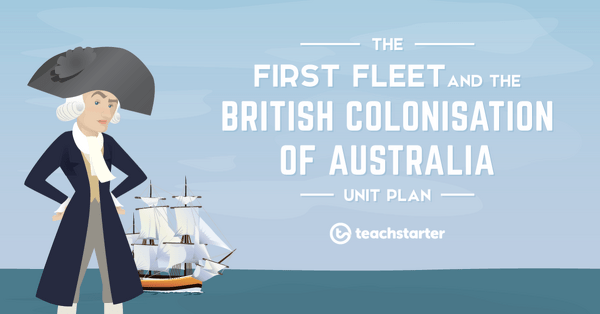
The First Fleet and the British Colonisation of Australia Unit Plan
This History unit covers a range of concepts relating to the stories of the First Fleet; including reasons for the journey, who travelled to Australia, their experiences following arrival and the impact colonisation had on Indigenous Australians.
- Plus Plan
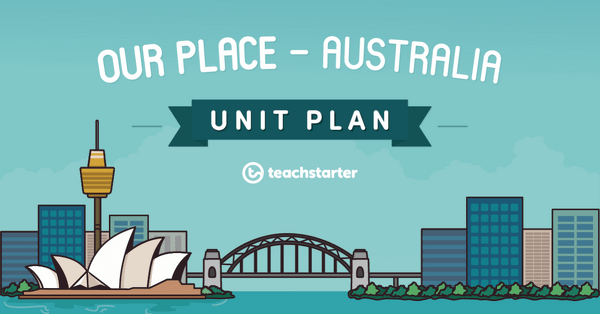
Our Place - Australia Unit Plan
This Humanities and Social Sciences unit addresses a range of concepts relating to the natural and human features of Australia.
- Plus Plan
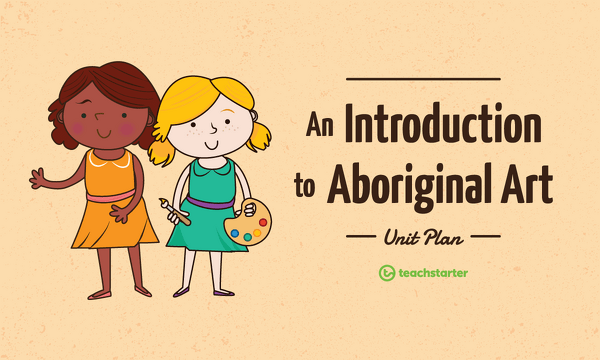
An Introduction to Aboriginal Art Unit Plan
This Visual Arts unit addresses the history of Aboriginal art in Australia and the variety of techniques used in different artworks.
- Plus Plan
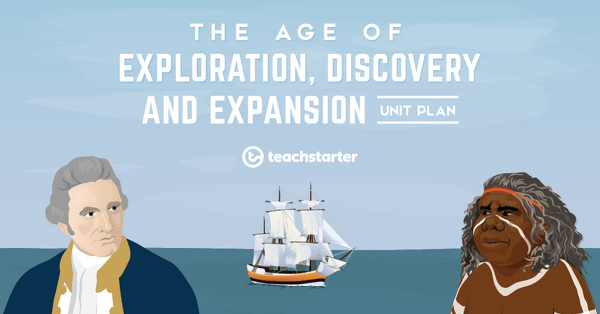
The Age of Exploration, Discovery and Expansion Unit Plan
This History unit covers a range of concepts relating to the early explorers of the Age of Exploration and the 'discovery' of Australia.
- Plus Plan
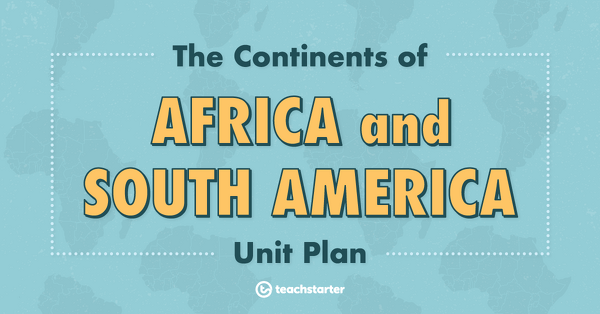
The Continents of Africa and South America Unit Plan
This Geography unit addresses the topographical features and the natural environment of the continents of Africa and South America.
- Plus Plan
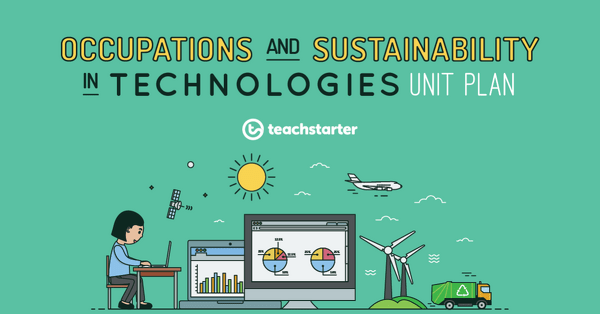
Occupations and Sustainability in Technologies Unit Plan
This Technology unit has been designed to investigate the role that technology plays in occupations within the community. Additionally, it introduces and explores the concept of sustainability.
- Plus Plan
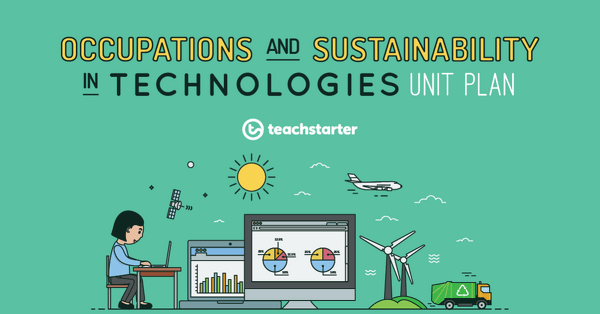
The History of Technology in Occupations
A 60 minute lesson in which students will explore how technology has been used within occupations throughout history.
- Plus Plan
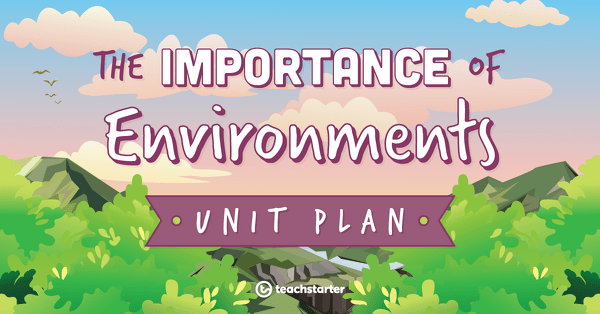
The Importance of Environments Unit Plan
This Geography unit addresses the importance of environments to animals and people and the ways in which they can be protected.
- Plus Plan
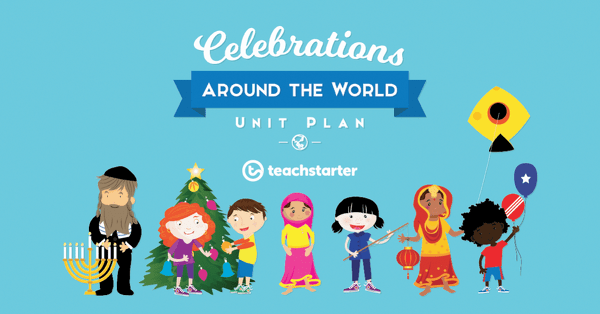
Australian Commemorations and Celebrations
A 60 minute lesson in which students will explore some significant Australian commemorations and celebrations.
- Plus Plan
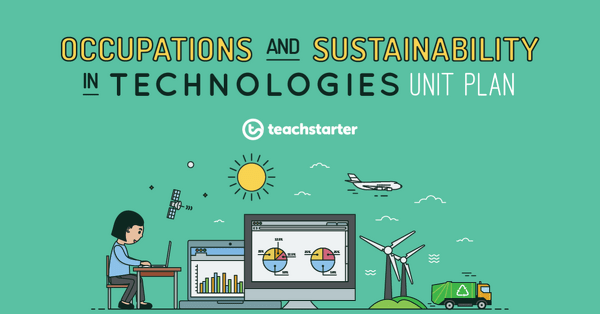
Occupations Using Technologies
A 60 minute lesson in which students will explore how technological devices are used within occupations in the community.
- Plus Plan
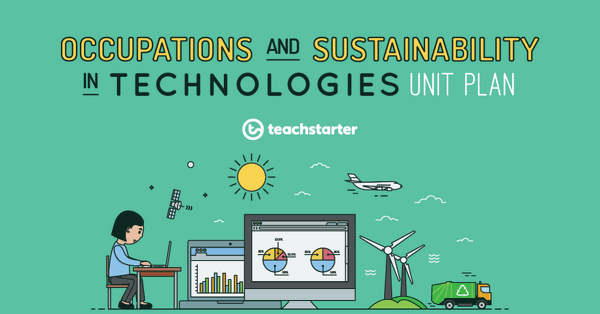
Technology and Occupations
A 60 minute lesson in which students will identify and explore the need for technology within occupations in the community.
- Plus Plan
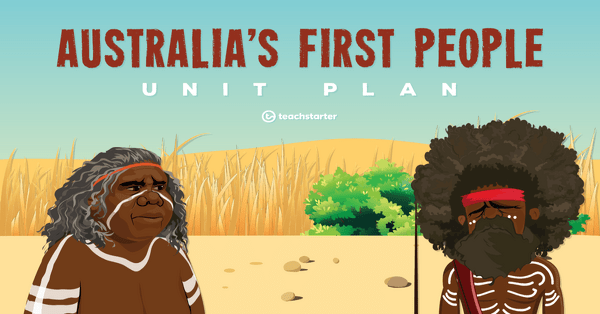
Australia's First People Inquiry Task
An inquiry-based assessment task in which students will demonstrate an understanding of the diversity of Australia's first people and the long and continuous connection of Aboriginal and Torres Strait Islander peoples to Country.